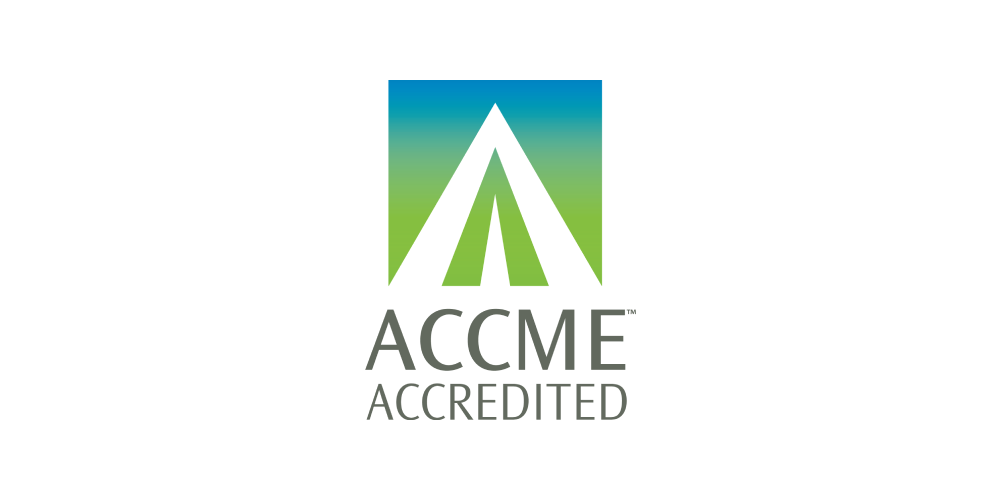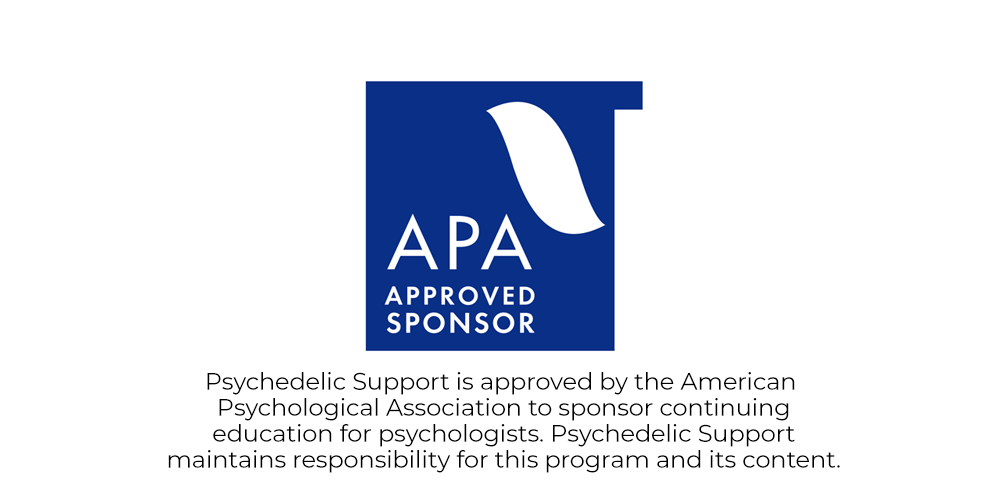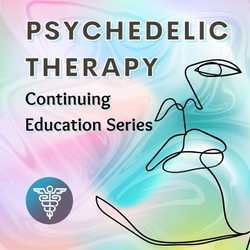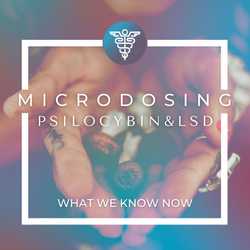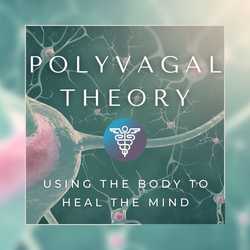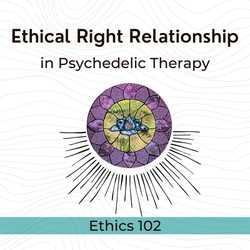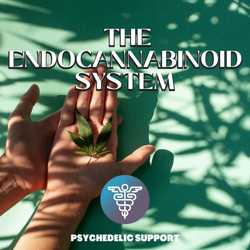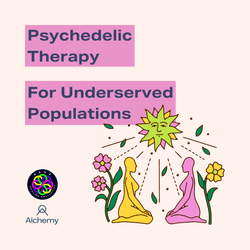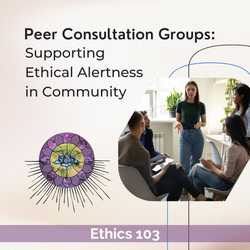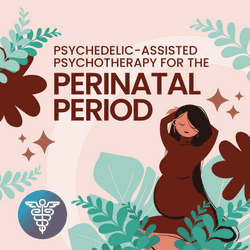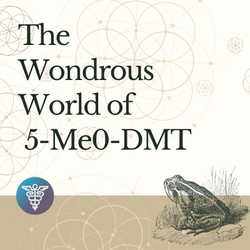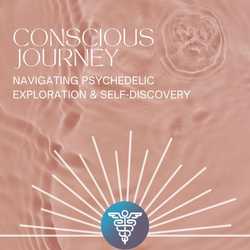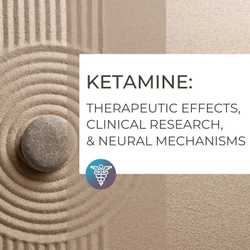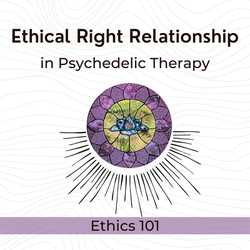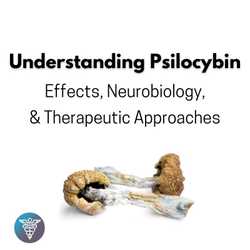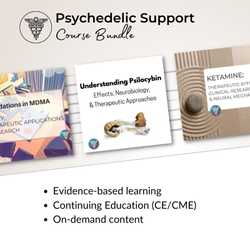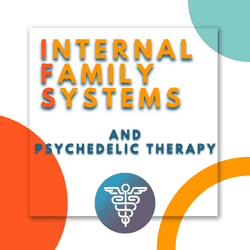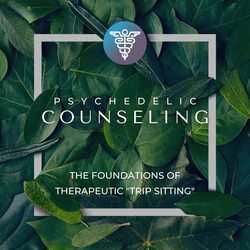Foundations in MDMA Safety, Therapeutic Applications & Research
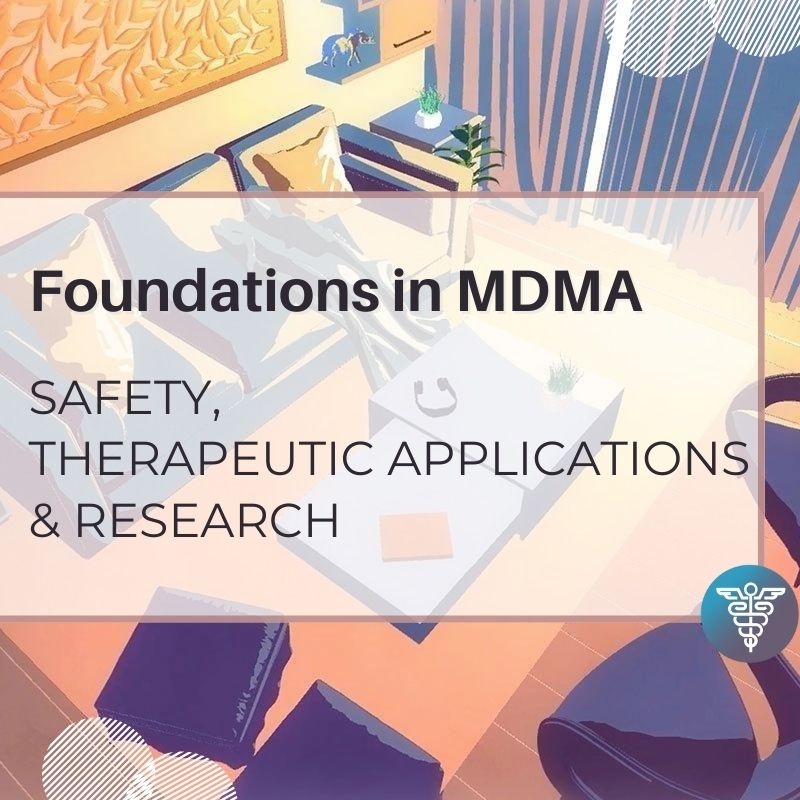
Foundations in MDMA Safety, Therapeutic Applications & Research
$0.00
Course Access
Guarantee
Learning
Course Description
Through interactive eLearning, this course provides an in-depth summary of the pharmacology and effects of MDMA, and how it modulates neural circuits to induce changes in mood, cognition, and behaviors. Explore the MDMA-assisted psychotherapy approach and become informed on clinical protocols and trial findings. You will explore several hypotheses on how MDMA may be working in the brain during psychotherapy sessions and why this technique is being studied for treating many different mental health conditions.
This course covers the safety and risks of MDMA, also known as Ecstasy, in both medical and non-medical settings. Designed by leading MDMA researchers and therapists, you will learn evidence-based information and observations from therapists who administered MDMA-assisted psychotherapy in clinical trials. If you’re a mental health professional, be sure to select our continuing education option and earn CE/CME along the way!
Who is this course for?
This course is perfect for mental health professionals, doctors, neuroscience students, and anyone interested in gaining insight into the science and therapies under investigation.
Course Curriculum
Learning Objectives for Module 1: A Simple Molecule with Complex Effects: MDMA Pharmacology, Effects, and Safety
After completing this module, participants will be able to:
- Explain how MDMA acts in the brain and body to produce psychological and physiological effects.
- Assess high-risk medical conditions and medications for MDMA use.
- Describe common reactions and adverse events associated with MDMA and how risks differ between non-medical and clinical contexts.
- Analyze neuroimaging studies of Ecstasy users.
Learning Objectives for Module 2: Neurobiological Effects of MDMA: Brain Circuits to Behavior
After completing this module, participants will be able to:
- List the common subjective effects of MDMA.
- Describe research findings from studies that investigated the effects of MDMA on social reward, cognitive and emotional empathy, and language.
- Discuss key neural circuits involved in the effects of MDMA.
Learning Objectives for Module 3: Clinical Trial Findings of MDMA-assisted Psychotherapy for Treatment of PTSD and Other Psychiatric Indications
After completing this module, participants will be able to:
- Explain the drug development pathway for MDMA from phase 1 trials to a new drug application.
- Describe phase 2 and phase 3 clinical trial methods and study designs of MDMA-assisted psychotherapy.
- Discuss the safety and efficacy findings of MDMA-assisted psychotherapy for the treatment of posttraumatic stress disorder, anxiety associated with a life-threatening illness, and social anxiety in autistic adults, and how results compare to currently available treatments.
- Describe the critiques and concerns raised by advisory committees regarding MDMA therapy for the treatment of PTSD.
Learning Objectives for Module 4: MDMA Therapeutic Approaches and Psychological Mechanisms
After completing this module, participants will be able to:
- Explain the methods of MDMA-assisted psychotherapy as described in the MDMA Treatment Manual.
- Describe possible psychological mechanisms involved during MDMA therapy.
- List other complementary therapeutic approaches to MDMA-assisted therapy that are worthy of further investigation or are currently being researched in clinical trials.
Interviews
- Interviews with MDMA-assisted psychotherapy trial therapists Genesee Herzberg, PsyD, Evan Sola, PsyD, and Sylver Quevedo, MD
Professional Continuing Education
In support of improving patient care, Psychedelic Support offers continuing education for health providers through the Accreditation Council for Continuing Medical Education (ACCME) and the American Psychological Association (APA).
Testimonials
Meet your Course Instructors, Contributors, & Peer Reviewers:












Extra Info
- Online platform access: 1 year.
- After 1 year, renew your account for an additional year by purchasing any of our on-demand courses. All previously purchased courses will be accessible in your dashboard.
- 100% student satisfaction or money-back guarantee.
- For the best experience, we recommend taking the course on a tablet or computer.
- Course FAQ can be found here.
Self-paced course includes:
- 6 hours of MDMA learning content
- Interactive eLearning modules with narration
- Interviews with psychedelic therapists, medical doctors, researchers, and neuroscientists
- Animations and detailed graphics of complex topics
- Conversations with therapists and academic researchers around special topics
- Assignments to further advance your knowledge and comprehension
- Downloadable course exports and narration scripts
- Downloadable reference lists with cited publications and links
- Downloadable resource documents with suggested videos, books, articles, and websites
- Discussion forum to engage with other learners and instructors
- Knowledge checks throughout the course
- 1 year access to our online learning platform
- Invite to our monthly speaker series and access to videos from our past events
- Official Psychedelic Support Certificate of Completion
Choose the Continuing Education (CE) option for:
- 6 hours of continuing education (CE) credits for licensed professionals, including psychologists, therapists, nurses, social workers, etc.
- See below for more information about continuing education
Choose the Continuing Medical Education (CME) option for:
- CME Certificate (AMA PRA Category 1 Credit™) for doctors, nurses, medical professionals, etc. for MDMA educational content for 5.75 AMA PRA Category 1 Credits™
- See below for more information about continuing education
Certificate Information
Interested in the different certificate options for our courses? Read on to learn more:
Once you complete the course you will receive a Psychedelic Support Certificate of Completion. Choose this option if you are not a licensed health provider and do not need continuing education credit for your professional degree.
Once you complete the course you will receive a Psychedelic Support CE Certificate. Choose this option if you are a licensed health provider who would like continuing education credit for your professional degree.
- Be sure to select the CE credit option when purchasing the course.
- Upon completion of the course, you will receive a Certificate of Attendance for your credits.
- CE credits for psychologists are provided by Psychedelic Support, an APA-approved CE sponsor.
- Psychedelic Support is approved by the American Psychological Association to sponsor continuing education for psychologists. Psychedelic Support maintains responsibility for this program and its content.
- The California Board of Behavioral Sciences accepts CE credits for LCSW, LPCC, LEP, and LMFT license renewal for programs offered by approved sponsors of CE by the American Psychological Association.
- LCSW, LPCC, LEP, and LMFTs, and other mental health professionals from states other than California need to check with their state licensing board as to whether or not they accept programs offered by approved sponsors of CE by the American Psychological Association.
- For questions about receiving your Certificate of Attendance, to request special accommodations, or report a grievance contact Psychedelic Support info@psychedelic.support.
Once you complete the course you will receive a Psychedelic Support CME Certificate. Choose this option if you are a licensed health provider who would like continuing education credit for your professional degree.
This activity has been planned and implemented in accordance with the accreditation requirements and policies of the Accreditation Council for Continuing Medical Education (ACCME) through the joint providership of PeerPoint Medical Education Institute and Psychedelic Support. PeerPoint Medical Education Institute is accredited by the ACCME to provide continuing medical education for physicians.
AMA PRA Category 1 Credit™ for non-physicians: There are other disciplines that may accept AMA PRA Category 1 Credit™ as equivalent CE or CEU for re-licensure or recertification, including, but not limited to, Nurses, Nurse Practitioners, Physician Assistants, Pharm D’s, and Psychologists. It is advisable for you to verify equivalency with your specific governing body, as state boards vary in their requirements.
Credit Designation Statement
PeerPoint Medical Education Institute designates this online enduring material activity for a maximum of 5.75 AMA PRA Category 1 Credits™. Physicians should claim only the credit commensurate with the extent of their participation in the activity.
Target Audience
This activity is geared to meet the educational requirements of Healthcare Providers from a range of disciplines: Physicians, Psychiatrists, Psychologists, Therapists, and LCSWs who will participate in or form interdisciplinary teams, or practice independently.
Core Competencies
This activity encompasses the following desirable physician attributes: Patient Care & Procedural Skills, Medical Knowledge, Professionalism, and Practice-Based Learning & Improvement.
Format
The presentational methods for this activity are Lecture and Small Group Discussion/Roundtable. The course content has been peer-reviewed for content validity and found to be evidence-based, fair, balanced, and free from commercial bias.
Commercial Support
There is no commercial support for this activity.
Release Date
This activity was released for credit on October 1, 2024.
Review Date
This activity was reviewed on September 15, 2024.
Termination Date
This activity is valid for credit through October 1, 2026.
